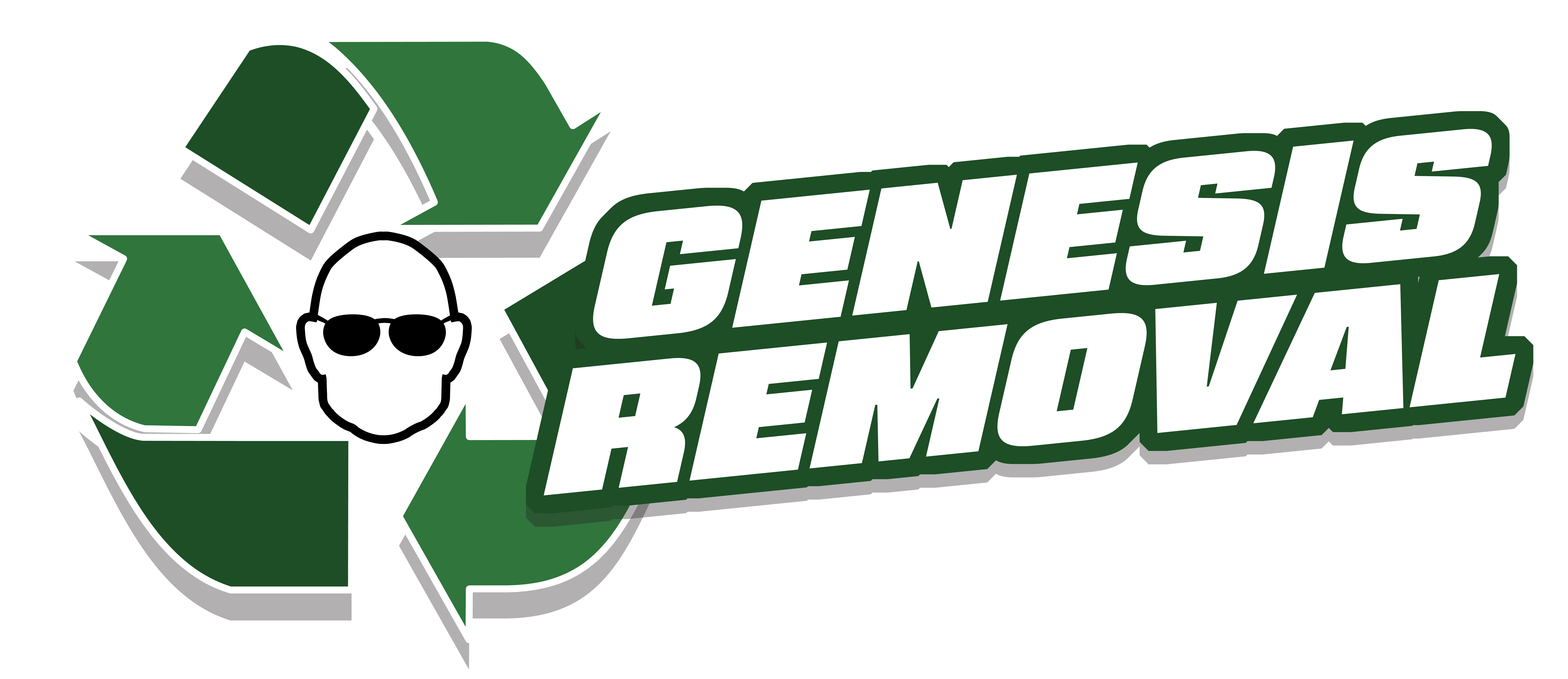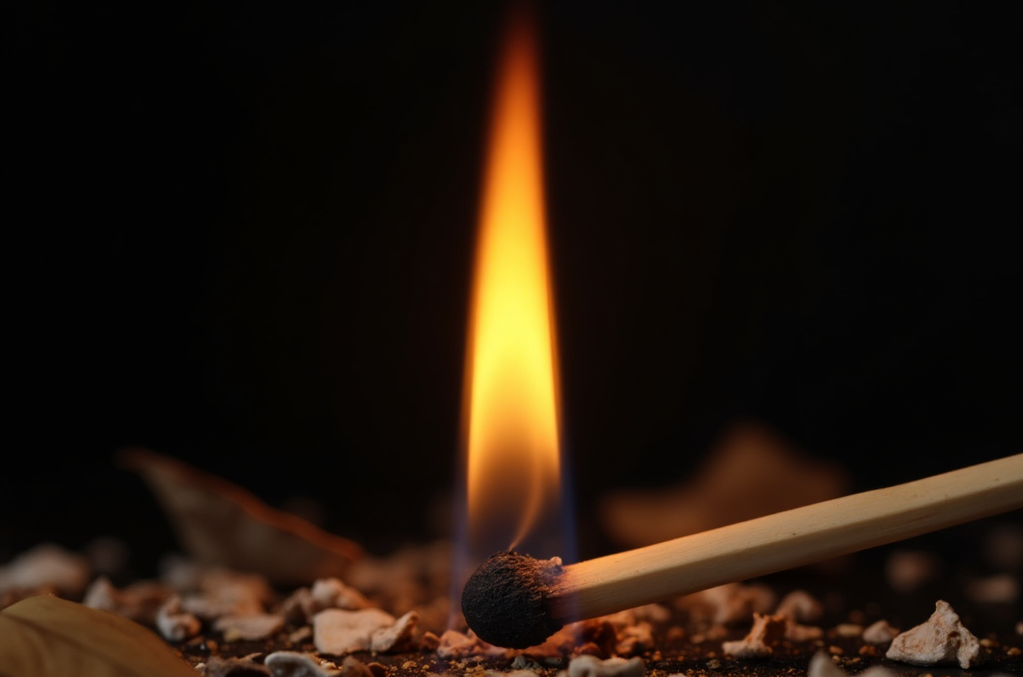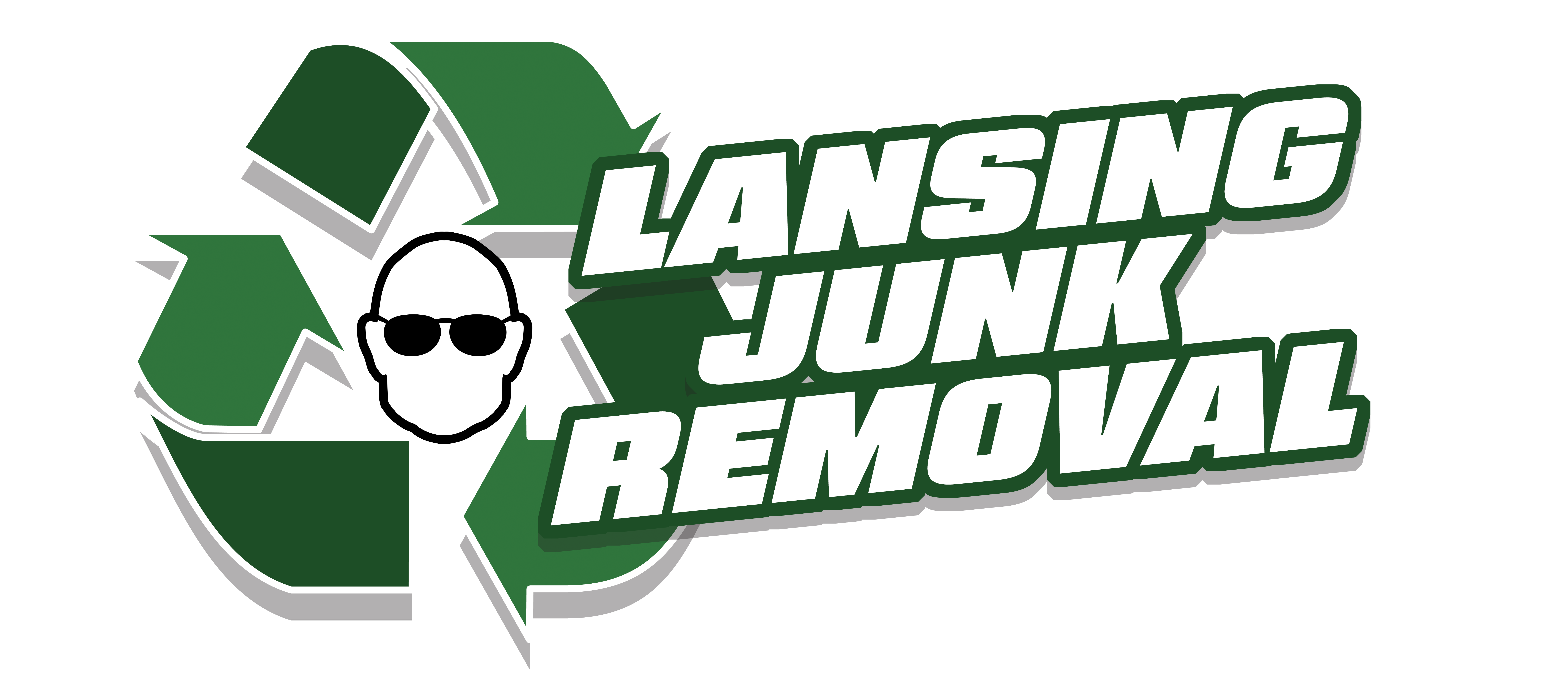Fire safety matters a lot to homeowners, businesses, and communities. Many people focus on active fire prevention measures like smoke detectors and fire extinguishers. But they often overlook how important it is to remove debris to prevent fires. As someone who works in the junk removal business, I’ve seen with my own eyes how piles of debris can make fires more likely to happen. In this article, we’ll look at how getting rid of debris plays a big part in stopping fires and keeping people safe.
Understanding the Fire Triangle
To grasp why clearing debris has such an impact on stopping fires, we need to look at the fire triangle. This idea shows the three things a fire needs to start and keep going: heat, fuel, and oxygen. Take away any of these, and a fire can’t begin or keep burning. Debris often acts as potential fuel, so getting rid of it is a key way to prevent fires.
Types of Debris That Can Cause Fires
Several kinds of debris can increase fire risks. Common offenders include:
- Dry plants and leaves
- Thrown-out paper and cardboard
- Old furniture and mattresses
- Stacks of wood or lumber
- Piled-up trash and household waste
These materials not only act as fuel for fires but also block escape paths and make it harder for firefighters to do their job during emergencies.
The Dangers of Clutter
Clutter doesn’t just make your space look untidy; it can pose a serious fire risk. Piles of junk give fires plenty to burn helping them spread fast. Also cluttered areas often lack good airflow, which can cause flammable gases to build up and raise the chances of some materials catching fire on their own.
Debris Removal in Different Settings
Residential Areas
In homes, cleaning up junk plays a key role in keeping a safe place to live. This includes cleaning out garages, attics, and basements where stuff piles up as time goes by. Getting rid of old appliances, electronics, and other things that might catch fire is crucial.
Commercial Properties
Businesses need to stay on top of junk removal to keep employees and customers safe. This includes keeping exit paths clear, storing stuff that can catch fire, and cleaning out storage areas often.
Construction Sites
Building and tearing down sites tend to collect a lot of junk. Managing and removing construction waste well not cuts down on fire risks but also makes the whole site safer and more productive.
How Seasonal Junk Affects Things
Each season brings its own challenges when it comes to junk:
- Spring and summer often create a lot of yard waste
- Fall brings heaps of dry leaves
- Winter can pile up tossed-out holiday decorations and packaging
Keeping an eye on debris removal all year long is key to maintain steady fire safety.
Legal and Insurance Concerns
Many local laws require property owners to keep their land clear of too much debris. If they don’t, they might face fines and higher liability. Also, insurance firms might reject claims or raise rates for properties that don’t follow good debris management rules.
Expert Debris Removal Help
While you can get rid of some junk through regular trash pickup big cleanups often need experts. Companies that remove junk know how to quickly and clear out large amounts of debris. They make sure to dispose of it and recycle when they can.
How Getting Rid of Debris Helps the Environment
Besides keeping fires at bay, removing debris responsibly does a lot of good for our planet. You can recycle or reuse many materials, which means less stuff in landfills. Junk removal pros often work with recycling centers and charities. This ensures that items people can still use find new homes and recyclable stuff gets processed correctly.
Making a Plan to Remove Debris
To keep your space safe, think about setting up a regular schedule to clear out debris:
- Set up seasonal cleanups
- Check storage spaces often to find unneeded stuff
- Create clear rules for handling waste in business settings
- Teach family or staff why getting rid of junk matters
How Communities Can Help
When communities work together, they can make a big difference in fire safety by clearing out junk. Things like neighborhood cleanup days shared dumpsters, and teaching people about the risks can help make everyone safer.
New Tools for Managing Junk
New tech is making it easier to deal with junk. There are now apps that help you find people to haul away your stuff smart systems for handling waste, and AI that can sort trash better. All these tools are helping us get rid of junk more .
To wrap up, getting rid of junk plays a big part in stopping fires and keeping people safe even though many don’t think about it. When we grasp the dangers of letting stuff pile up and take action to deal with it, we can make fires much less likely to happen in our houses, workplaces, and neighborhoods. Keep in mind, a tidy area isn’t just nice to look at – it’s safer for everyone. Making sure to clear out junk should be a key piece of any good plan to prevent fires.



